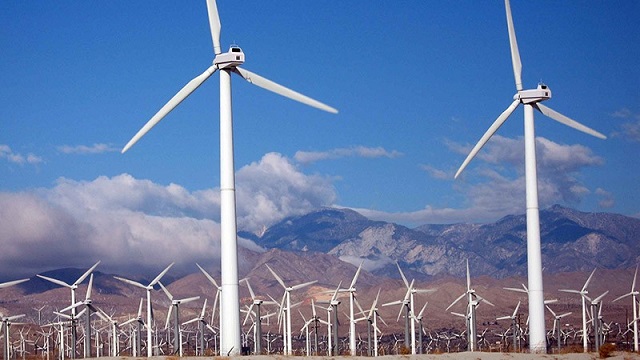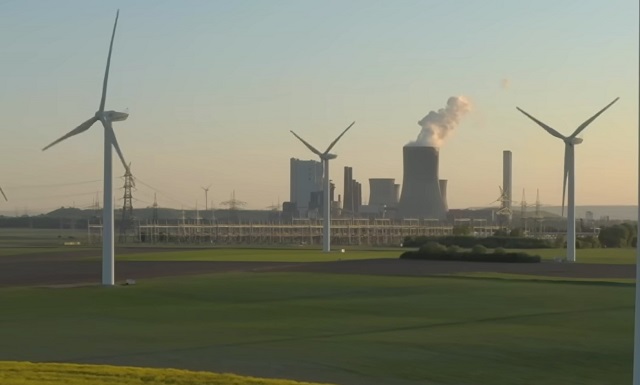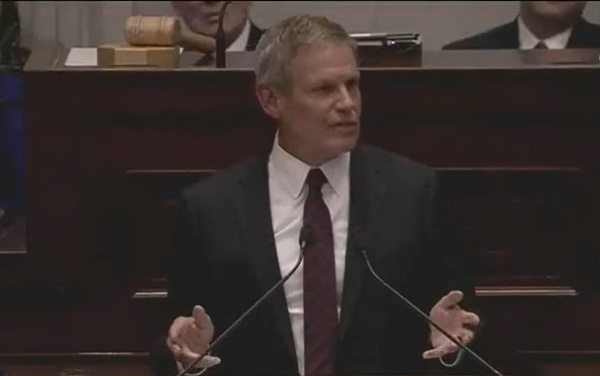Alberta
Red Deer Rebels Memorial Cup Team to join Iginla, MacTavish, King and Kisio in the Alberta Hockey Hall of Fame

ALBERTA HOCKEY HALL OF FAME CALLS THE CLASS OF 2024
Six individuals and one team set to enter the Alberta Hockey Hall of Fame.
RED DEER – Six individuals and a Memorial Cup championship team are being called to the Alberta Hockey Hall of Fame (AHHF) as the Class of 2024.
The members of this year’s class are:
- BILLY DEA – 19-year pro hockey career, along with several years coaching in the NHL. He had two playing stints in the NHL, sandwiched around nine years in the American Hockey League with the Buffalo Bisons, where he set a longevity record by playing 596 straight games. He is a member of the AHL Hall of Fame.
- JAROME IGINLA – 20 seasons in the National Hockey League, including 16 with the Calgary Flames. He is the all-time leader for the Calgary Flames in games played (1,219), goals (525) and points (1,095). He is also a multi-time gold medalist with Team Canada, a two-time Memorial Cup champion, and an Honoured Member of the Hockey Hall of Fame.
- DAVE KING – Coach and mentor for over 40 years and one of hockey’s finest tacticians and teachers of the game. He has coached at every level of hockey around the world, including major junior, Canadian university, Canada’s national team, the National Hockey League, and European and Russian pro leagues. He is a two-time medalist at the Winter Olympics.
- KELLY KISIO – 761 games in the National Hockey League and captain of the New York Rangers for more than three years. He helped turn the Calgary Hitmen into one of the most successful franchises in the Western Hockey League (including two WHL championships), as coach and general manager. Currently a scout with the Vegas Golden Knights, 2023 Stanley Cup champions.
- CRAIG MACTAVISH – Four-time Stanley Cup champion during a 17-year playing career in the National Hockey League. Craig also served as an executive, coach and assistant coach in the NHL, coached Team Canada internationally, and coached internationally n Russia and Switzerland. Craig was the last NHL player not to wear a helmet during games.
- SHANNON SZABADOS – Trailblazer for female hockey players, one of Canada’s top goaltenders, and the IIHF’s Goaltender of the Decade (2010-20). She is the only goaltender in women’s hockey history to backstop her nation to two gold medals at the Winter Olympics; the first and only female to record a shutout in men’s pro hockey; and the first female to play in the WHL and the Southern Professional Hockey League.
- RED DEER REBELS, 2000-01 – The 2001 Memorial Cup champions, defeating Val-d’Or in a come-from-behind overtime victory in Regina. The Rebels had a dominating season, leading the Canadian Hockey League with a 54-12-3-3 regular season. They advanced to the Memorial Cup by defeating Lethbridge, Calgary, Swift Current and Portland in the WHL playoffs.
Hockey Alberta hosted the announcement on Tuesday morning at the Gary W. Harris Centre at Red Deer Polytechnic. It was also announced that the AHHF Induction Gala is returning to Red Deer and is being hosted at the Gary W. Harris Centre on Saturday, July 20.
Tickets for the AHHF Induction Gala are available to purchase on ahhf.ca.
Alberta
Game changer: Trans Mountain pipeline expansion complete and starting to flow Canada’s oil to the world
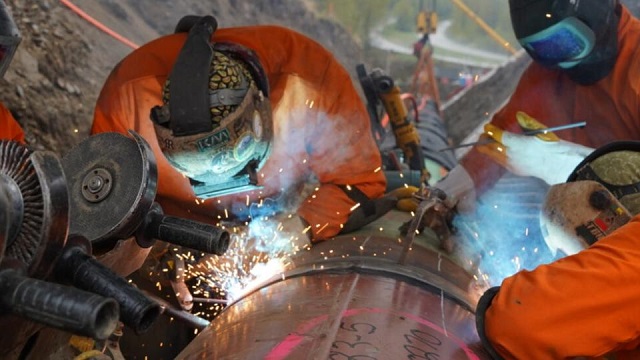
Workers complete the “golden weld” of the Trans Mountain pipeline expansion on April 11, 2024 in the Fraser Valley between Hope and Chilliwack, B.C. The project saw mechanical completion on April 30, 2024. Photo courtesy Trans Mountain Corporation
From the Canadian Energy Centre
By Will Gibson
‘We’re going to be moving into a market where buyers are going to be competing to buy Canadian oil’
It is a game changer for Canada that will have ripple effects around the world.
The Trans Mountain pipeline expansion is now complete. And for the first time, global customers can access large volumes of Canadian oil, with the benefits flowing to Canada’s economy and Indigenous communities.
“We’re going to be moving into a market where buyers are going to be competing to buy Canadian oil,” BMO Capital Markets director Randy Ollenberger said recently, adding this is expected to result in a better price for Canadian oil relative to other global benchmarks.
The long-awaited expansion nearly triples capacity on the Trans Mountain system from Edmonton to the West Coast to approximately 890,000 barrels per day. Customers for the first shipments include refiners in China, California and India, according to media reports.
Shippers include all six members of the Pathways Alliance, a group of companies representing 95 per cent of oil sands production that together plan to reduce emissions from operations by 22 megatonnes by 2030 on the way to net zero by 2050.
The first tanker shipment from Trans Mountain’s expanded Westridge Marine Terminal is expected later in May.
 Photo courtesy Trans Mountain Corporation
Photo courtesy Trans Mountain Corporation
The new capacity on the Trans Mountain system comes as demand for Canadian oil from markets outside the United States is on the rise.
According to the Canada Energy Regulator, exports to destinations beyond the U.S. have averaged a record 267,000 barrels per day so far this year, up from about 130,000 barrels per day in 2020 and 33,000 barrels per day in 2017.
“Oil demand globally continues to go up,” said Phil Skolnick, New York-based oil market analyst with Eight Capital.
“Both India and China are looking to add millions of barrels a day of refining capacity through 2030.”
In India, refining demand will increase mainly for so-called medium and heavy oil like what is produced in Canada, he said.
“That’s where TMX is the opportunity for Canada, because that’s the route to get to India.”
Led by India and China, oil demand in the Asia-Pacific region is projected to increase from 36 million barrels per day in 2022 to 52 million barrels per day in 2050, according to the U.S. Energy Information Administration.
More oil coming from Canada will shake up markets for similar world oil streams including from Russia, Ecuador, and Iraq, according to analysts with Rystad Energy and Argus Media.
Expanded exports are expected to improve pricing for Canadian heavy oil, which “have been depressed for many years” in part due to pipeline shortages, according to TD Economics.
 Photo courtesy Trans Mountain Corporation
Photo courtesy Trans Mountain Corporation
In recent years, the price for oil benchmark Western Canadian Select (WCS) has hovered between $18-$20 lower than West Texas Intermediate (WTI) “to reflect these hurdles,” analyst Marc Ercolao wrote in March.
“That spread should narrow as a result of the Trans Mountain completion,” he wrote.
“Looking forward, WCS prices could conservatively close the spread by $3–4/barrel later this year, which will incentivize production and support industry profitability.”
Canada’s Parliamentary Budget Office has said that an increase of US$5 per barrel for Canadian heavy oil would add $6 billion to Canada’s economy over the course of one year.
The Trans Mountain Expansion will leave a lasting economic legacy, according to an impact assessment conducted by Ernst & Young in March 2023.
In addition to $4.9 billion in contracts with Indigenous businesses during construction, the project leaves behind more than $650 million in benefit agreements and $1.2 billion in skills training with Indigenous communities.
Ernst & Young found that between 2024 and 2043, the expanded Trans Mountain system will pay $3.7 billion in wages, generate $9.2 billion in GDP, and pay $2.8 billion in government taxes.
Alberta
Alberta government should eliminate corporate welfare to generate benefits for Albertans
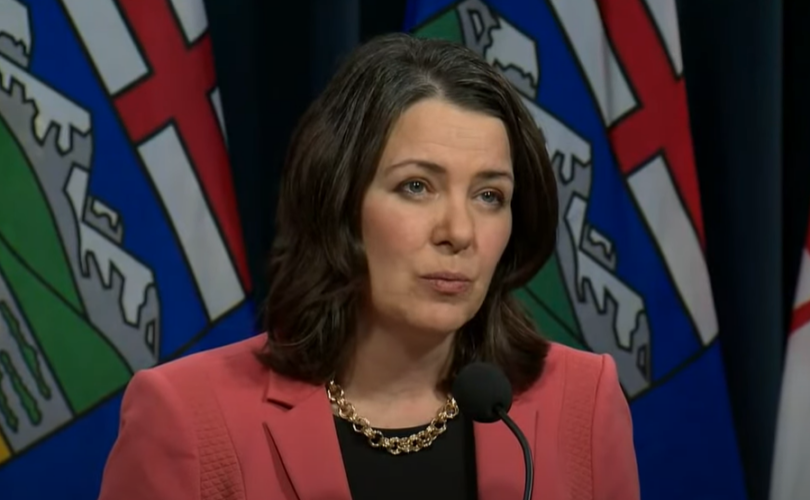
From the Fraser Institute
By Spencer Gudewill and Tegan Hill
Last November, Premier Danielle Smith announced that her government will give up to $1.8 billion in subsidies to Dow Chemicals, which plans to expand a petrochemical project northeast of Edmonton. In other words, $1.8 billion in corporate welfare.
And this is just one example of corporate welfare paid for by Albertans.
According to a recent study published by the Fraser Institute, from 2007 to 2021, the latest year of available data, the Alberta government spent $31.0 billion (inflation-adjusted) on subsidies (a.k.a. corporate welfare) to select firms and businesses, purportedly to help Albertans. And this number excludes other forms of government handouts such as loan guarantees, direct investment and regulatory or tax privileges for particular firms and industries. So the total cost of corporate welfare in Alberta is likely much higher.
Why should Albertans care?
First off, there’s little evidence that corporate welfare generates widespread economic growth or jobs. In fact, evidence suggests the contrary—that subsidies result in a net loss to the economy by shifting resources to less productive sectors or locations (what economists call the “substitution effect”) and/or by keeping businesses alive that are otherwise economically unviable (i.e. “zombie companies”). This misallocation of resources leads to a less efficient, less productive and less prosperous Alberta.
And there are other costs to corporate welfare.
For example, between 2007 and 2019 (the latest year of pre-COVID data), every year on average the Alberta government spent 35 cents (out of every dollar of business income tax revenue it collected) on corporate welfare. Given that workers bear the burden of more than half of any business income tax indirectly through lower wages, if the government reduced business income taxes rather than spend money on corporate welfare, workers could benefit.
Moreover, Premier Smith failed in last month’s provincial budget to provide promised personal income tax relief and create a lower tax bracket for incomes below $60,000 to provide $760 in annual savings for Albertans (on average). But in 2019, after adjusting for inflation, the Alberta government spent $2.4 billion on corporate welfare—equivalent to $1,034 per tax filer. Clearly, instead of subsidizing select businesses, the Smith government could have kept its promise to lower personal income taxes.
Finally, there’s the Heritage Fund, which the Alberta government created almost 50 years ago to save a share of the province’s resource wealth for the future.
In her 2024 budget, Premier Smith earmarked $2.0 billion for the Heritage Fund this fiscal year—almost the exact amount spent on corporate welfare each year (on average) between 2007 and 2019. Put another way, the Alberta government could save twice as much in the Heritage Fund in 2024/25 if it ended corporate welfare, which would help Premier Smith keep her promise to build up the Heritage Fund to between $250 billion and $400 billion by 2050.
By eliminating corporate welfare, the Smith government can create fiscal room to reduce personal and business income taxes, or save more in the Heritage Fund. Any of these options will benefit Albertans far more than wasteful billion-dollar subsidies to favoured firms.
Authors:
-

 Alberta17 hours ago
Alberta17 hours agoGame changer: Trans Mountain pipeline expansion complete and starting to flow Canada’s oil to the world
-

 Brownstone Institute2 days ago
Brownstone Institute2 days agoBook Burning Goes Digital
-
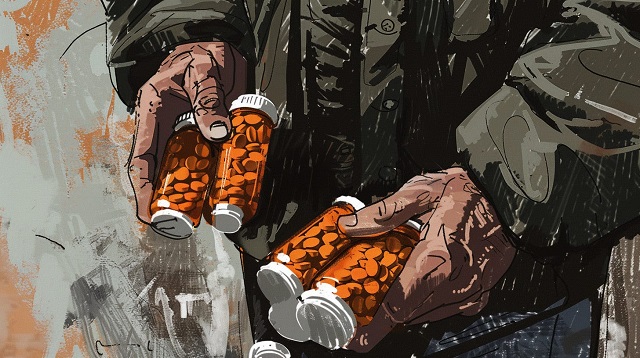
 Addictions17 hours ago
Addictions17 hours agoCanada’s ‘safer supply’ patients are receiving staggering amounts of narcotics
-

 conflict13 hours ago
conflict13 hours agoImmigration Experts Warn Possible Biden Plan To Import Gazan Refugees Would Be ‘National Security Disaster’
-

 conflict2 days ago
conflict2 days agoOver 200 Days Into War, Family Of American Hostage in Gaza Strives For Deal To Bring Son Home
-

 Brownstone Institute1 day ago
Brownstone Institute1 day agoThe Predictable Wastes of Covid Relief
-

 illegal immigration8 hours ago
illegal immigration8 hours agoPanama Elects President Vowing Shutdown Of Key Routes To US Used By Over Half A Million Migrants
-

 Bruce Dowbiggin14 hours ago
Bruce Dowbiggin14 hours agoDo It Once, Shame On You; Do It Twice, Shame On Me






